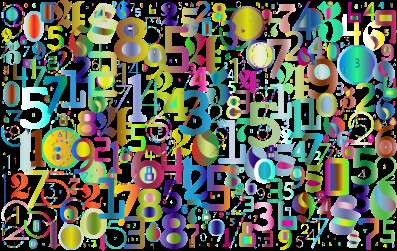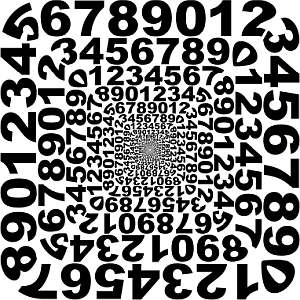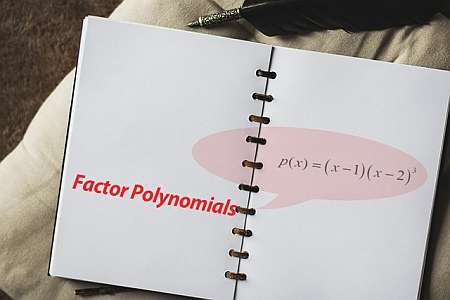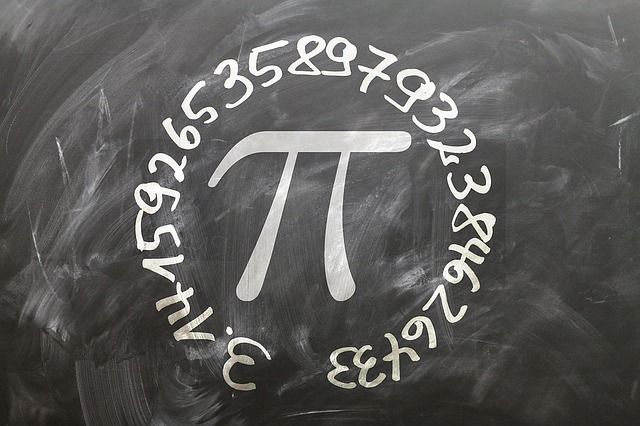Greatest Common Divisor Calculator
Instructions: Use calculator to compute the Greatest Common Divisor (GCD) for a list of integers you provide, showing all the steps. Type or paste the integers in the spreadsheet below.
The Greatest Common Divisor
This calculator will allow to compute the GCD for any list of numbers you provide. This comes in handy as most calculators will only allow for calculating the GCD for two numbers .
In this calculator, you will have a table in which you can type or paste the numbers for which you need to compute the GCD. It needs to be at least two numbers. After pressing "Calculate", you will be provided with the step by step calculation of the solution.
The greatest common denominator is one of the most useful things you will learn in Algebra, and it has many interesting uses, such as computing the least common denominator for several fractions, among many other useful operations such as finding the least common multiple of a list of integers.
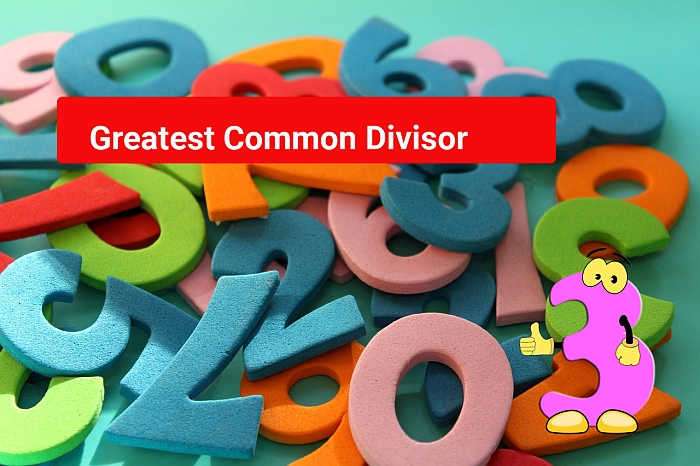
What is the Greatest common divisor
The GCD of a list of integers is the smallest positive integer that divides each of the integers given in the list. It is usually thought as the largest factors that all the numbers in the list have in common.
On the other hand, if it happens that the list of integers has no factors in common, then we will conclude that the GCD is 1. Another easy case occurs when ALL the numbers in the provided list are equal, in which case that number is precisely the GCD.
How to find the Greatest common factor
Greatest common factor is another name we use for the greatest common divisor. The idea of the calculation is simple: for each of the integers provided, you need to find its prime decomposition .
Then you look into which of the primes are common to ALL integers, and you find the minimum exponent in the corresponding decomposition amount those. Finally, you multiply the common primes raised to the minimum exponent found, if any.
If there are no common primes to start with, the greatest common factor will be 1.
Steps to get the GCD
Often times is helps to have the step put in a clear and actionable list:
- Step 1: Identify the list of numbers provided and make sure they are integer
- Step 2: If any integer is 0, the GCD is not defined. Also, you will consider integers greater than 1
- Step 3: For each of the integers greater than 1, you will find its prime factorization
- Step 4: You need to find primes that are common to all the factorizations. For each prime that appears in all the integers of your list, you will write down the exponents, and compute the minimum of each of those exponents
- Step 5: Finally, the GCD is computed by multiplying ALL the common primes together, raised to the corresponding minimum exponent found in step 4
The calculation could some times be long, especially for large integers, in which case the prime decomposition could be a bit tedious. Using this GCF solver will make things a lot easier for you.
What for do you need the largest common factor?
The largest common factor has so many practical uses in Algebra. On the one hand, it plays a key role when trying to factor an expression , or take it to its lowest, simplest expression.
Factoring is particularly useful when you are need to solve an equation , as by finding factors you have effectively broken down the problem of solving the equation into smaller chunks.

Then, the GCD (aka GCF) will be used to compute the least common multiple of a list of \(n\) numbers \(k_1, k_2, ..., k_n\), using the following LCM formula :
\[LCM(k_1, k_2, ..., k_n) = \displaystyle \frac{k_1 \cdot k_2 \cdots k_n}{GCD(k_1, k_2, ..., k_n)}\]As you can see from the formula above, the CGD gives a shortcut to compute the LCM, because all you have to do is to compute the product of the numbers and divide by the GCD.

GCD Calculation Example
Calculate the greatest common factor for the numbers 70, 210 and 336.
Solution: The first step required in order to compute the greatest common divisor (GCD) is to compute the prime decomposition of all the numbers provided 70, 210 and 336.
\[70 = 2 \cdot 5 \cdot 7\] \[210 = 2 \cdot 3 \cdot 5 \cdot 7\] \[336 = 2^4 \cdot 3 \cdot 7\]From the decompositions shown above, the easiest way to find the GCD is the following:
- First find the common primes across all the given numbers
- Then, find the minimum exponent for that prime across all numbers
- Multiply the common primes raised to the minimum exponent found for each, so to get the GCD
- Also, if there are no common primes, then we will conclude that CGD = 0
The following primes are found, and they are listed with their minimum power found across all the prime decompositions:
• Common Prime = 2, Minimum Exponent = \(\min\{1,1,4\} = 1\)
• Common Prime = 7, Minimum Exponent = \(\min\{1,1,1\} = 1\)
Multiplying the common primes and their found minimum exponents, we compute the GCD as follows:
\[GCD(70,210,336) = 2^1 \cdot 7^1 = 14 \]This completes the calculation of the Greatest Common Divisor (GCD) of the list provided.
Other useful Algebra Calculators
You can choose among a large selection of algebra calculator, ranging from when you need help simplifying a fraction or when you need to convert fraction to percentage .
Also, for symbolic operations, you may be interested in simplifying a general expression showing steps, or different types of polynomial calculators .


